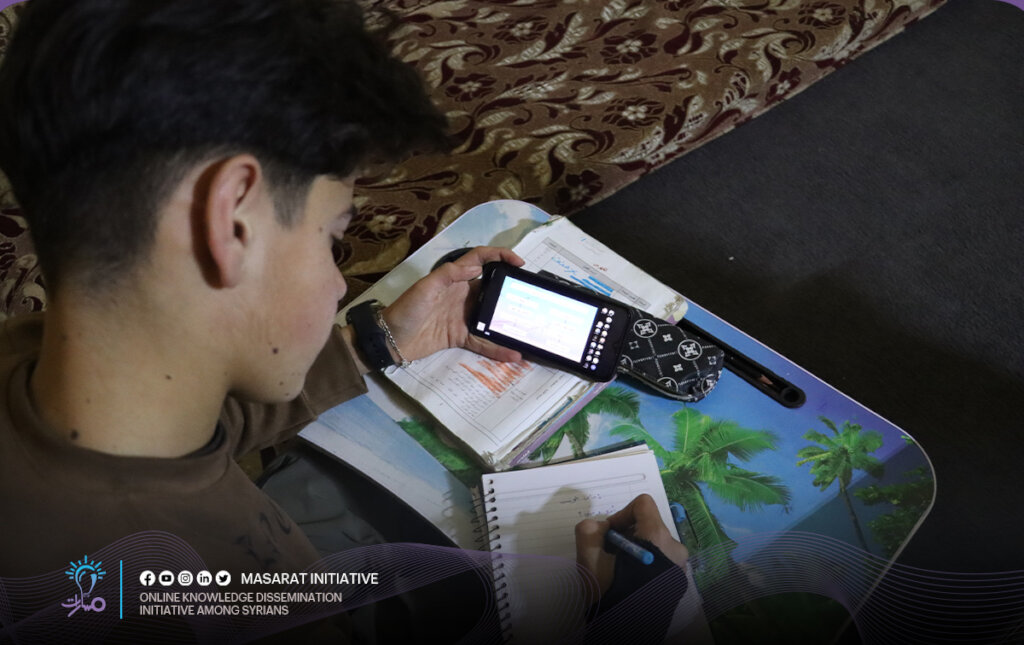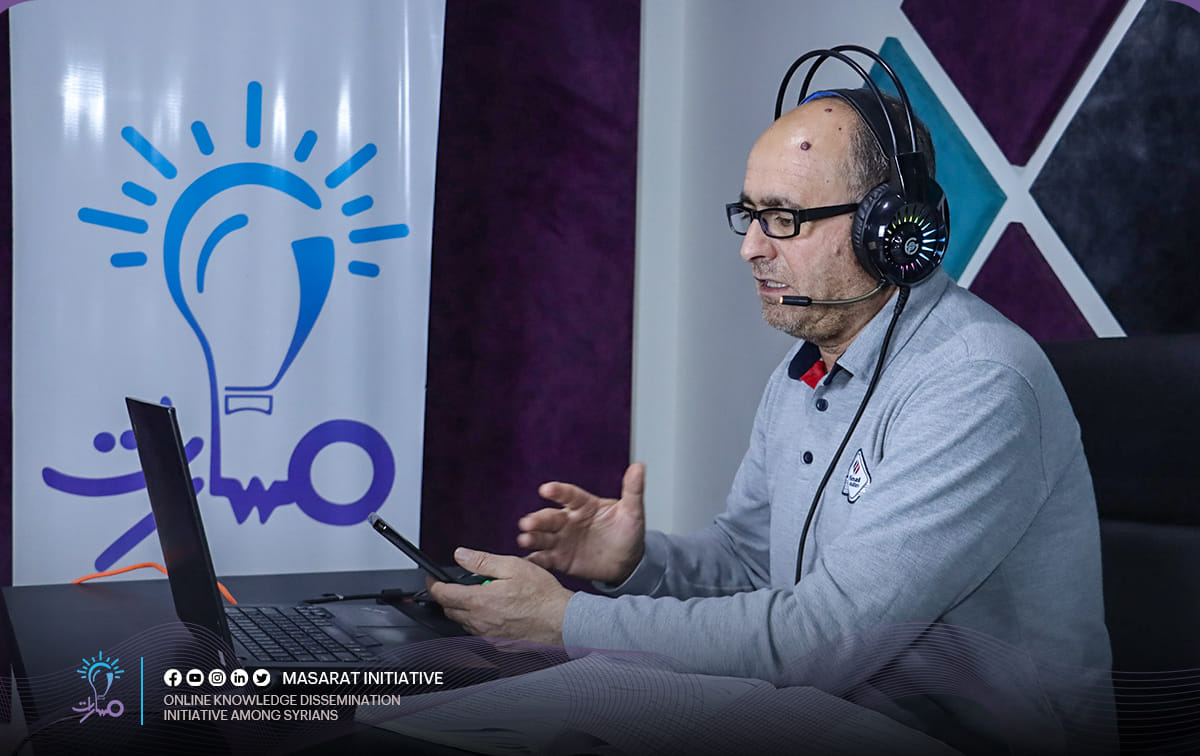Zakat holds a pivotal position in Islam, representing both a fundamental act of worship and a means of fostering social cohesion. As one of the Five Pillars, it embodies the spirit of communal responsibility and compassion, aiming to alleviate poverty and redistribute wealth among the less fortunate.
This financial obligation purifies the giver’s wealth, deepens their empathy towards others, and strengthens the overall community by bridging socio-economic gaps. Thus, zakat is not just a duty but a privilege that enriches the spiritual and social fabric of the Muslim community.
In this article, we explain the comprehensive roles and responsibilities associated with zakat in the UK, the Islamic form of almsgiving, which is one of the Five Pillars of Islam.
What can Zakat money Be Spent on?
Zakat is a form of almsgiving in Islam and a religious obligation which, by Quranic ranking, is next after prayer (salat) in importance. As per Islamic law, zakat is to be distributed among eight designated categories:
The Poor (al-fuqara)
These are individuals who lack sufficient means to sustain basic living standards. Zakat helps them afford necessities like food and shelter.
The Needy (al-masakin)
Similar to the poor but not as destitute, these people struggle to meet everyday expenses. Zakat assists them in maintaining a minimum standard of living.
The Administrators of Zakat (al-amileen)
This group includes those who collect, manage, and distribute zakat. Their operational costs can be covered by zakat funds to ensure effective management.
Those Whose Hearts Are to Be Reconciled (muallafatu qulubuhum)
This includes new converts to Islam and individuals being introduced to the faith, supporting them financially and spiritually to strengthen their commitment to Islam.
To Free Captives (fir riqab)
Traditionally, this involved freeing slaves. Today, it could extend to aiding those unjustly imprisoned or oppressed, including funding legal defenses.
Those in Debt (al-gharimin)
Zakat can help individuals who have incurred debts in good faith and are struggling to repay, preventing the negative effects of excessive debt.
In the Cause of Allah (fi sabilillah)
This includes funding for Islamic education, building mosques, supporting da’wah (Islamic missionary work), and other community service projects that benefit the Muslim community.
The Wayfarer (ibn as-sabil)
These funds assist travelers who find themselves stranded or in financial distress far from home, helping them meet their needs or return safely.
What Money Do You Pay Zakat On?
Zakat is payable on the wealth that has been in one’s possession for a lunar year. Types of wealth that are zakatable include cash (in hand or in bank accounts), gold and silver, business merchandise, and stocks and shares.
Livestock and agricultural produce are also subject to zakat under certain conditions.
It’s crucial that the total amount meets or exceeds the nisab threshold, which is the minimum amount of wealth one must have before they are liable to pay zakat.
How Much Before Paying Zakat A-mal In the UK?
The nisab, or minimum amount of wealth one must have before being liable to pay zakat, is an essential aspect of Islamic financial law.
Historically and scripturally, the nisab for gold is set at 87.48 grams, and for silver, it is 612.36 grams.
These standards are well-established within Islamic jurisprudence. For calculating the monetary equivalent of these weights in today’s market:
- Gold: The price of gold per gram needs to be multiplied by 87.48.
- Silver: The price of silver per gram needs to be multiplied by 612.36.
As these calculations depend on the fluctuating market prices of gold and silver, it is important to use the most current prices when determining your zakat obligations.
Do You Pay Zakat On All Your Money in the UK?
Zakat is not paid on all wealth. For instance, personal items that are not used for generating income, such as your home, car, and personal clothing, are exempt.
Zakat is due on wealth that has been saved or invested and has reached the nisab for a full lunar year.
If the individual’s savings or investments decrease below the nisab at any point during the year, the zakat counter resets.
Zakat on Cash or in a Bank (in a current account)
Cash in hand, in bank accounts, or kept in home safes is subject to zakat if it exceeds the nisab and has been held for a full lunar year.
This includes funds in current accounts, as they are considered readily accessible and part of an individual’s liquid assets.
The same rules apply whether the money is in a checking account or under the mattress, as long as it meets the necessary criteria.
Zakat on Money Invested or Saved
Investments such as stocks, business ventures, bonds, and savings accounts are zakatable if they exceed the nisab and have been held for a year.
It’s important to calculate the current market value of these investments when determining zakat dues. For instance, zakat on stocks is based on the current market value of the shares held, not necessarily what was paid for them.
Zakat on Lent or Loan Money
Zakat is due on money that you have lent to others once it is repaid, provided your total accumulated wealth including this repayment meets or exceeds the nisab threshold.
If you expect the loan to be repaid and it will push your total assets above nisab, zakat should be calculated for the time the money was lent once it’s returned.
Zakat on Money Owed to You
If you have money owed to you that is expected to be repaid and would push your wealth above the nisab, zakat is due on it once received. This includes debts that are strong and likely to be repaid.
The accrued amount should be added to your zakatable assets once received and held till the next hawl if it exceeds the nisab.
Zakat on Children’s Money
Children’s savings that meet the nisab and have been held for a lunar year are subject to zakat. It is the responsibility of the guardian to calculate and pay this zakat.
This includes money saved in trust for the child or any investments made under the child’s name.
Zakat on Money Saved For Education
Money set aside for future educational purposes is subject to zakat if it reaches the nisab and has been held for a full lunar year.
This applies to education funds that are immediately accessible and not locked in specific educational plans where withdrawal is restricted.
You can also donate to the reliable initiative that provides free education to the most needy students.
Zakat on Retirement Money
Retirement funds may be zakatable under certain conditions. If the money is accessible and meets the nisab, zakat is due.
If access to the funds is restricted until retirement, some scholars argue that zakat can be deferred until the money is accessible, while others suggest paying zakat annually if other accessible assets meet nisab criteria.
Zakat on Paypal Money
Funds held in online payment systems like PayPal are considered part of your zakatable assets if they meet the nisab and have been held for a full lunar year.
As these funds are generally accessible, they are treated similarly to cash in bank accounts.
Zakat on Debt Money
Money you owe others is not zakatable. However, if you possess wealth that exceeds your debts and meets the nisab threshold, zakat is due on the net balance.
Zakat on Interest Money
Earnings from interest pose a significant ethical and theological problem in Islam, as interest (riba) is explicitly prohibited.
Consequently, money earned from interest should not be used to calculate zakat but rather should be disposed of by giving it to charity without the intention of receiving a reward from Allah for this action.
Paying Zakat Al-mal in the UK
Paying zakat in the UK involves several steps that are tailored to the specifics of living in a modern, financially complex society.
Zakat is calculated as 2.5% of all zakatable assets that exceed the nisab threshold after they have been held for one lunar year.
The nisab is the minimum amount of wealth one must possess, measured in the monetary equivalent of 87.48 grams of gold or 612.36 grams of silver.
Here’s how this process typically unfolds in the UK:
- Determination of Assets: Individuals first determine which assets are zakatable. This includes, but is not limited to, cash in hand and in bank accounts, shares, pensions, business merchandise, and precious metals like gold and silver.
- Calculation of the Nisab: The current market value of gold or silver must be checked to ascertain the nisab. If the individual’s zakatable wealth equals or exceeds this threshold, they are eligible to pay zakat.
- Annual Calculation: Zakat is due after a full lunar year (Hawl) has passed on the wealth. This means that the assets have been in the possession of the individual above the nisab threshold for the entire year.
- Paying Zakat: Once the amount of zakat has been calculated, it can be paid directly to one of the eight categories specified in the Qur’an, through a local mosque, Islamic charity, or specialized zakat institution. Many organizations in the UK offer online zakat calculators and payment services to facilitate this process.
- Use of Funds: The funds collected as zakat are distributed according to Islamic guidelines. The recipients include the poor, the needy, those working on collecting and distributing zakat, converts to Islam, debtors, and other specified groups.
This structured approach ensures that zakat fulfills its role as a key pillar of Islamic faith, promoting social welfare and economic justice within the Muslim community in the UK.
How to Pay Zakat Al-mal?
Zakat al-mal (zakat on wealth) is paid by calculating 2.5% of all zakatable wealth that meets the conditions mentioned earlier.
After determining the total amount of zakat due, one can pay through trusted Islamic organizations, directly to individuals eligible for zakat, or via online platforms set up for zakat collection.
Where to Pay Zakat Al-mal
Zakat al-mal can be paid to any of the eight categories specified in the Qur’an.
It is advisable to seek local options where your zakat can make a direct impact, although it is also permissible to send zakat abroad where the need may be greater.
Zakat Mal Online
With the rise of digital platforms, paying zakat online has become a popular and convenient option.
Numerous reputable Islamic charitable organizations offer secure online zakat payment services, which ensure that your zakat reaches those in need swiftly and efficiently.
By addressing each topic with the above depth, this detailed examination provides a thorough understanding of how zakat should be approached and calculated in various scenarios, especially within the UK context.
Masarat Initiative for Online Education in Syria
In Syria, students confront numerous challenges, such as educational dropout and the hardships of displacement. Nonetheless, they persist in chasing their dreams and search for a glimmer of hope amid adversity.
Masarat initiative is instrumental in transforming these aspirations into reality by offering online educational services, thus unlocking future opportunities for these students.
We invite you to support this initiative with your Zakat, aiding in the creation of a future they deserve.
This action ensures that your Zakat and donations benefit those in need within a crucial sector like education, which was emphasized by the Prophet, peace be upon him, when he stated:
“Whoever pursues a path to seek knowledge, Allah will make the path to Paradise easy for him.” Your contributions will indeed reach those who are most deserving.








